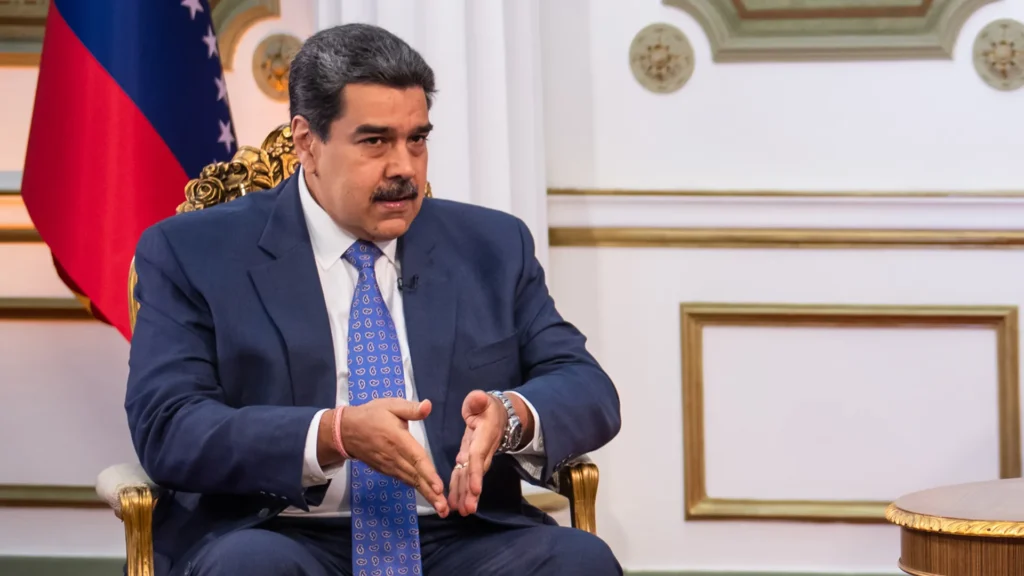The United States has doubled its reward for information leading to the arrest of Venezuelan President Nicolás Maduro, raising the bounty to $50 million (£37.2m) amid renewed allegations of large-scale drug trafficking. US Attorney General Pam Bondi announced the move on Thursday, accusing Maduro of being “one of the largest narco-traffickers in the world” and directly linking him to major smuggling operations.
Bondi claimed that Maduro had coordinated with criminal organisations, including the Venezuelan gang Tren de Aragua recently designated a terrorist group by the Trump administration and Mexico’s powerful Sinaloa Cartel. She alleged that the US Drug Enforcement Administration (DEA) had seized 30 tonnes of cocaine tied to Maduro’s network, nearly seven tonnes of which were linked to him personally.
The Venezuelan government has dismissed the claims as politically motivated. Foreign Minister Yvan Gil branded the reward “pathetic” and “political propaganda,” suggesting it was a diversion from domestic controversies in the US, including backlash over the handling of the Jeffrey Epstein case.
The move marks an escalation in long-standing hostilities between Washington and Caracas. Tensions have been high since Maduro’s contested re-election in January, which was marred by widespread allegations of vote-rigging and rejected by much of the international community. The UK and European Union have imposed sanctions against Maduro’s administration, citing repression of opposition groups and human rights abuses.
The US first charged Maduro and other senior Venezuelan officials with narco-terrorism, corruption, and drug trafficking during Donald Trump’s first term. Prosecutors accused Maduro of working with Colombia’s Farc rebel group to “flood” the US with cocaine as a form of “weaponised” drug smuggling.
The latest developments come in the wake of the conviction of Hugo Carvajal, Venezuela’s former military intelligence chief. Known as “El Pollo” (The Chicken), Carvajal was extradited from Spain and pleaded guilty in a US court to drug trafficking charges. His cooperation with American authorities has fuelled speculation that he may be providing evidence against Maduro in exchange for a reduced sentence.
Despite mounting international pressure, Maduro — who succeeded Hugo Chávez in 2013 — has maintained a firm grip on power, surviving mass protests and sanctions. Whether the US bounty will alter his position remains uncertain.

